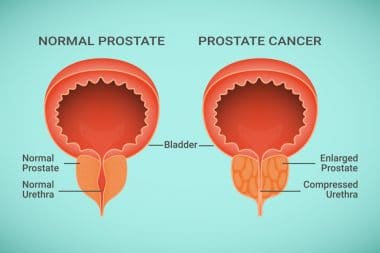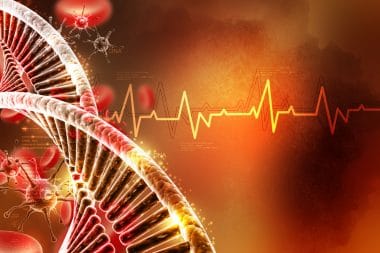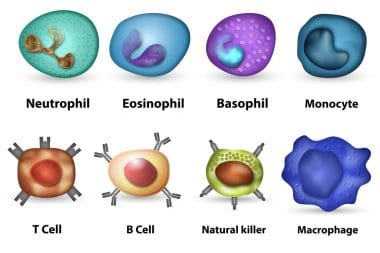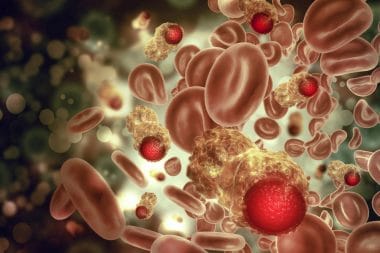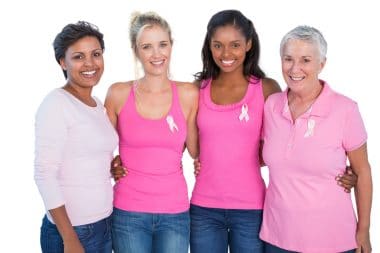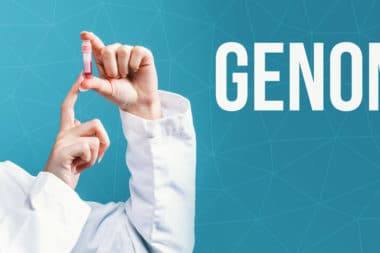BRCA stands for BReast CAncer. Normal BRCA genes fight cancer when it occurs in your body. However there are some families that carry altered, broken or mutated BRCA genes and spread these genes down from one generation to another. Statistically women who carry a BRCA alteration have an 87% risk for breast cancer. These same women may also have a 55% likelihood of contracting ovarian cancers versus the general population. These statistics are staggering. However even with these high risk factors you have a good chance of never having breast or ovarian cancers.
Risks
Hereditary breast and ovarian cancer syndrome can be linked to the following:
- Family history of both breast and ovarian cancer.
- An early age of breast cancer (before the age of 50).
- Bilateral cancers or cancers that develop in both breasts and/or ovaries. Can also include ovarian and breast cancer in the same person.
- No direct pattern of inheritance. Can come either through the mother or father”s side.
- Tumors in other specific organs.
- Those who are of Ashkenazi Jewish ancestry.
BRCA1 and BRCA2 are the genes linked to breast cancer. BRCA1 mutations are located on the 17 chromosome and can be passed from either parent and do raise your risk of cancer in both women and men. BRCA2 mutations are located on the 13 chromosome and are autosomally transmitted. Women (and men) with breast cancer BRCA 1 and 2 mutations are rare in the general population. However there have been conclusive studies for different ethnic groups. For example African Americans have a 1.3-1.4% chance of presenting with the BRCA1 mutation and a 2.5% change of carrying the BRCA2 mutation when they are diagnosed with cancer. Caucasians tend to be higher with 2.2-2.9% carrying the BRCA 1 and 2.2% carrying the BRCA2 mutations. The highest at risk group are those who are of Ashkenazi Jewish ancestry.
To make it statistically interesting, in a group of 100 women without BRCA mutations, eight will develop breast cancer. A group of 100 women with BRCA1 or 2 mutations, 40 to 70 of these women will develop cancer (https://ww5.komen.org/BreastCancer/InheritedGeneticMutations.html. These mutations can explain how or why breast cancer can be hereditary, but do note that studies show most breast cancers are not hereditary. Many women with a BRCA 1 or 2 mutations will never have breast cancer. There is a combination of factors that must be present before you contract breast or ovarian cancer.
The BRCA1 and BRCA2 genes are considered tumor suppressor genes controlling cell growth, rejuvenation and death. Everyone has two BRCA1genes on chromosome #17 and two BRCA2 genes on chromosome #13. When the genes are mutated or altered your risk for cancer increases. Both copies of the gene and on the chromosome must be altered before you will develop cancer. In addition there needs to be chemical, biological or physical environmental issues for cell mutations. Even though you may never get breast or ovarian cancer, you will still pass the mutations on to subsequent generations.
BRCA1 and BRCA2 also contain a founder effect. In other words, mutations are unique and specific to a family. Those people at greatest risk for mutations are those from the Netherlands, Iceland, and Sweden plus Ashkenazi Jews. Studies show that this proclivity to breast cancer is due to religious or geographic isolation and interbreeding in past generations.
If you suspect that you carry the BRCA 1 or 2 genes there are tests that can identify harmful changes in either one of the two breast cancer genes. The administered test is a blood test that utilizes DNA analysis to identify mutations. BRCA gene testing is offered only to those who are likely to have an inherited mutation. This is based on personal or family history or if you have been diagnosed with specific types of breast cancer. This test is not routinely performed on women with an average risk of breast and ovarian cancers.
BRCA gene mutations are very uncommon. This gene is responsible for only about 5% of breast cancers and about 10% of ovarian cancers. You can learn whether you carry the inherited BRCA gene mutation and decide what you need to do. Discuss your options with a genetic counselor and your doctor.

